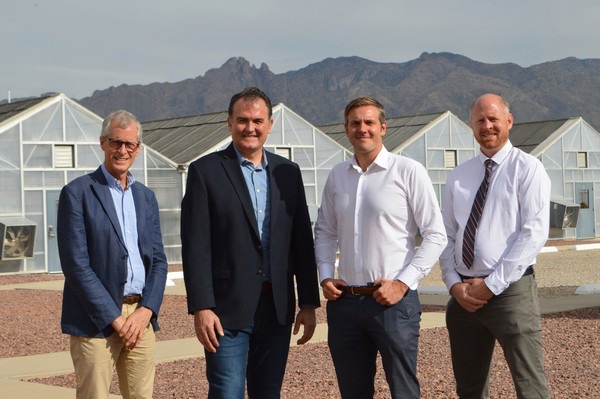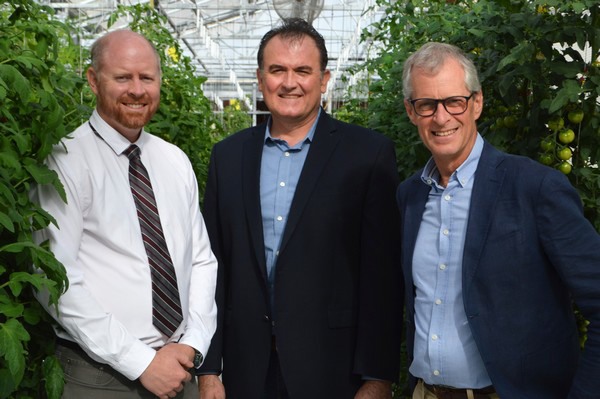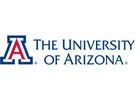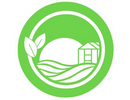Saudi Arabia and UAE greenhouse growing company Red Sea Farms is expanding into the US. THe company says their technology, created for desert regions, delivers commercially and environmentally and can be of value in US areas which are water-scarce and have abundant sunlight.
Their international expansion is being accelerated following investment from US investors AppHarvest and Bonaventure Capital. In 2021, funding was also provided in the Middle East by Wa’ed, Saudi Aramco’s entrepreneurship arm, the Future Investment Initiative Institute, Global Ventures and King Abdullah University of Science & Technology.

Reducing food security
Red Sea Farms is a spin-out from the King Abdullah University of Science and Technology established in 2018 with a vision to reduce food insecurity, carbon and fresh water use in the food sectors. The company has developed technologies, designed specifically for harsh environments. "Through a patented system of unique day and night cooling, along with humidity control and efficient solar and growth monitoring technologies, we have developed a low energy solution which means fresh water typically used to cool greenhouses is no longer required", they say.
The Saudi Arabia growers explain that their technology enables the commercial growing of produce using low energy, zero freshwater sustainable climate control. The University of Arizona College of Agriculture and Life Sciences’ Controlled Environment Agriculture Center (UA-CEAC) will evaluate the technology and its resourcesaving potential to produce crops in resource-limited environments in the US.
Viability
The UA-CEAC is the first institution in the US to investigate the viability of the technologies, fitting with its commitment to facilitate programs, events, and materials for the industry and general public to learn more about the importance which controlled environment agriculture (CEA) has in meeting current and future problems with creative, practical, and highly successful solutions.
"The UA-CEAC is well positioned to evaluate this technology’s viability given its current research including wavelength shifting technology, semi-transparent and photovoltaics integrated films to help enhance crop productivity, resource use efficiency, and sustainability of food production within controlled environments. The Center is also investigating cooptimization of environmental variables and the development of advanced environmental control applications to support resource savings in indoor vertical farming systems, as well as Bioregenerative Life Support Systems", they conclude.

According to Red Sea Farms, their systems can be quickly and easily scaled in harsh environments, including the vast parts of the US that are water-scarce where conventional farming methods are either not possible or not cost-effective. The company is developing and using its technology in-house to grow and sell high quality fresh produce in Saudi Arabia, and will sell its unique technologies to growers around the world.
“The University of Arizona’s Controlled Environment Agriculture Center has a vast history of designing, implementing, and researching controlled environment agriculture systems for temperate to extreme climates, including both frozen and hot arid deserts” said Murat Kacira, Director of the University of Arizona Controlled Environment Agriculture Center and professor of Biosystems Engineering in College of Agriculture and Life Sciences.
Ryan Lefers, CEO of Red Sea Farms commented: “Many parts of the US are water-scarce with seasonal harsh climates, making it a challenge to grow fresh produce year-round. However, the break-through technologies Red Sea Farms has created could help address the reliance on freshwater consumption in food production and improve food security. We are looking forward to working with the University of Arizona on this important subject.”
The initial study will integrate the Red Sea Farms environment technologies onto existing facilities at the University of Arizona Controlled Environment Agriculture Center for a phaseone year-long project so benefits can be fully assessed before further deployment.
For more information:
University of Arizona
arizona.ceac@gmail.com
www.ceac.arizona.edu

Red Sea Farms
wwww.redseafarms.com
